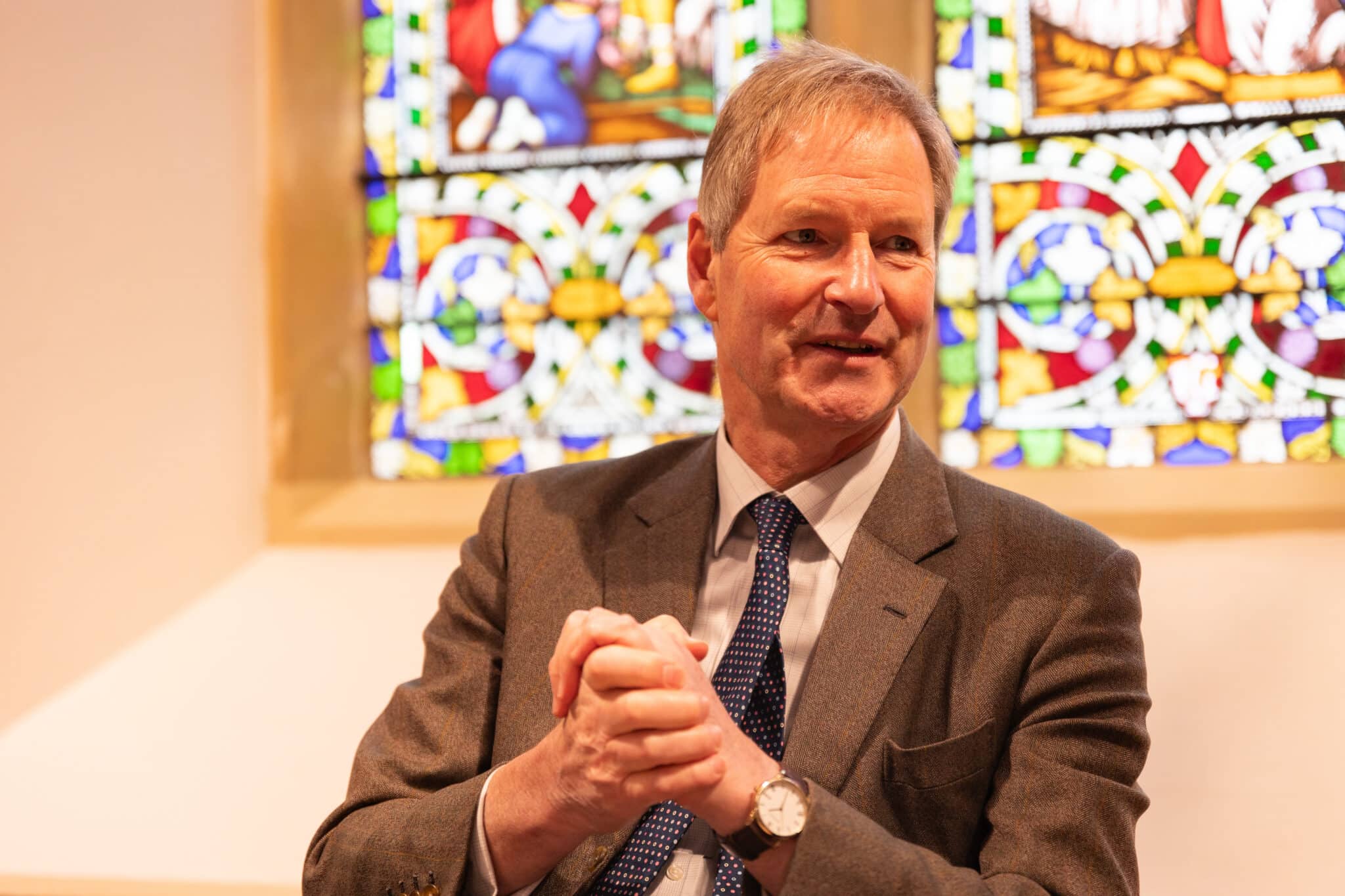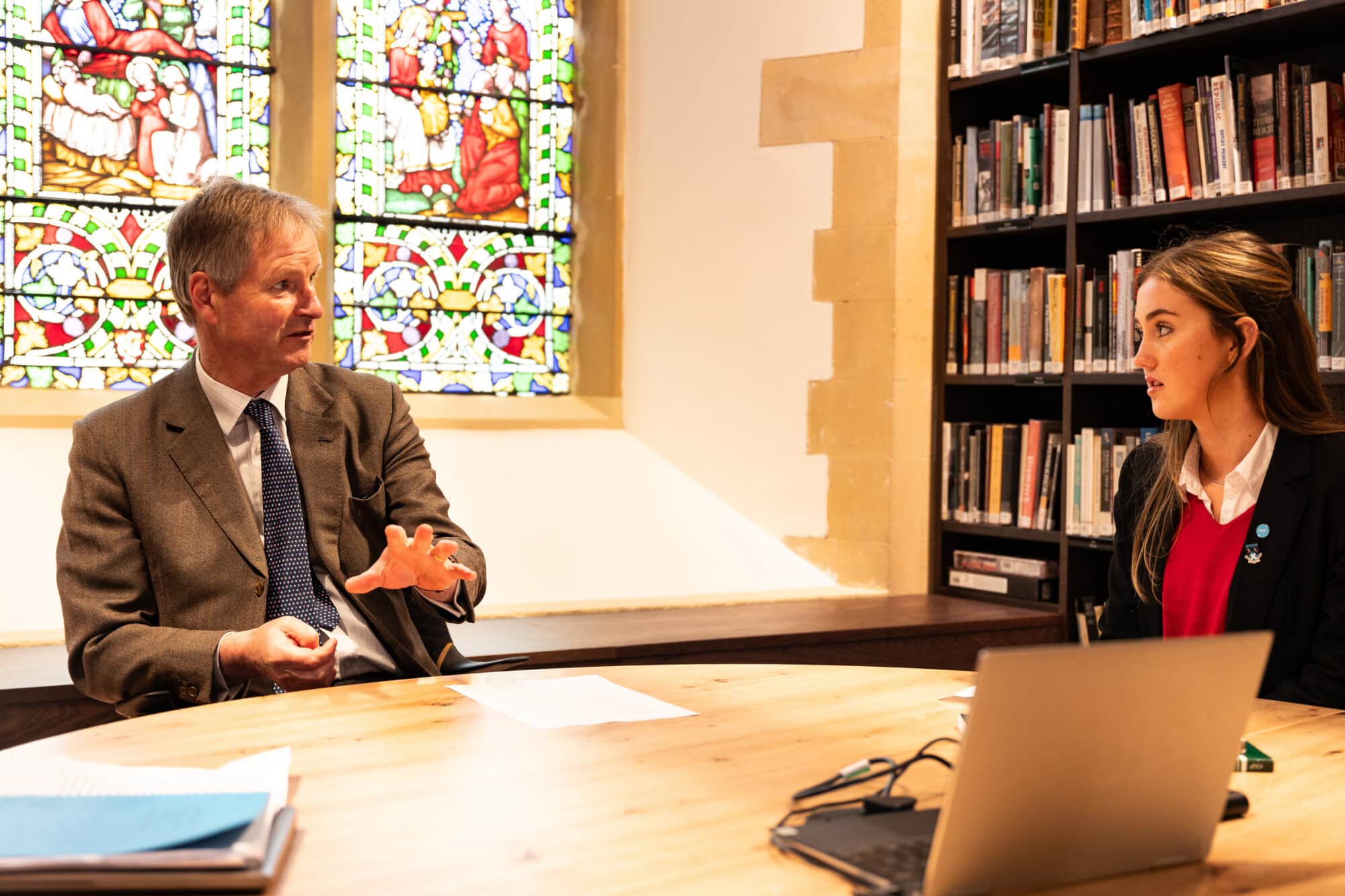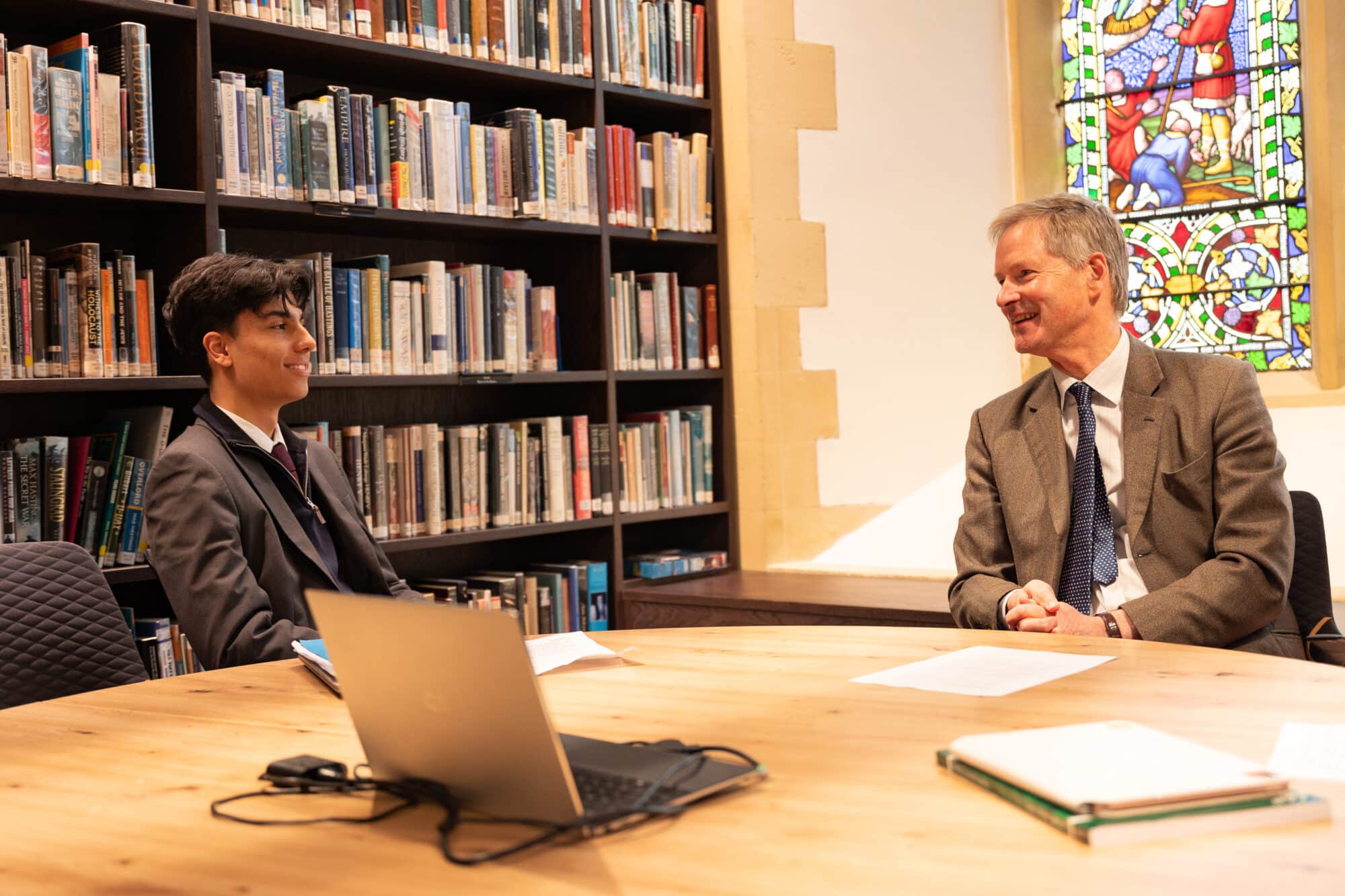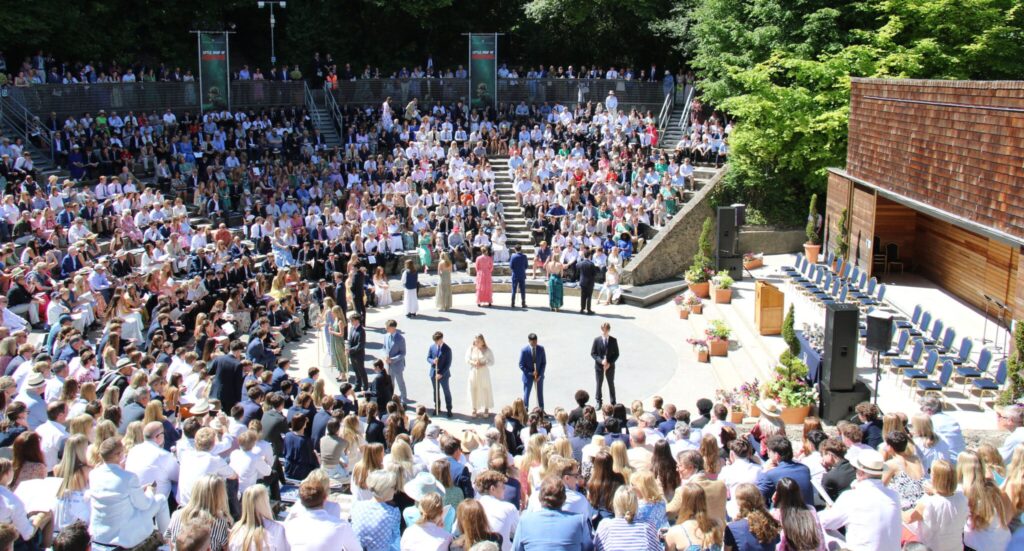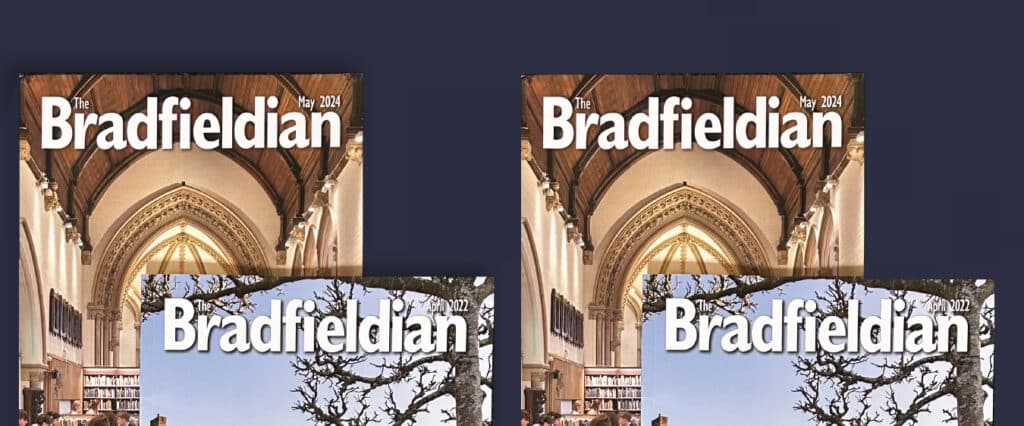Devan: What are your views on the St Andrew’s Study Centre and are there any other major projects on the horizon?
The completion of the St Andrew’s Study Centre project is an amazing achievement. When this project was first considered ten years ago it was a daunting prospect. There are many complexities associated with working with old buildings but I think that the St Andrew’s Study Centre makes a huge statement about the importance of nurturing the academic potential of Bradfieldians, which is so important for the College’s future. I feel very proud that Bradfield succeeded in this project.
SCHOOLS NEED TO CONTINUALLY INVEST IN THE FUTURE, STANDING STILL IS NOT AN OPTION
Out of respect to parents the College is very careful about how it spends its money. When deciding on future capital expenditure we balance our strategic priorities against what is affordable. The current major project, the repair of Army House roof, is a maintenance priority. On a more strategic level we are considering a Wellness Centre which would bring together physical and mental wellness under one roof and enhance the College’s pastoral provision. Those are the two major projects but there are also other projects we would like to progress, were funding available.


